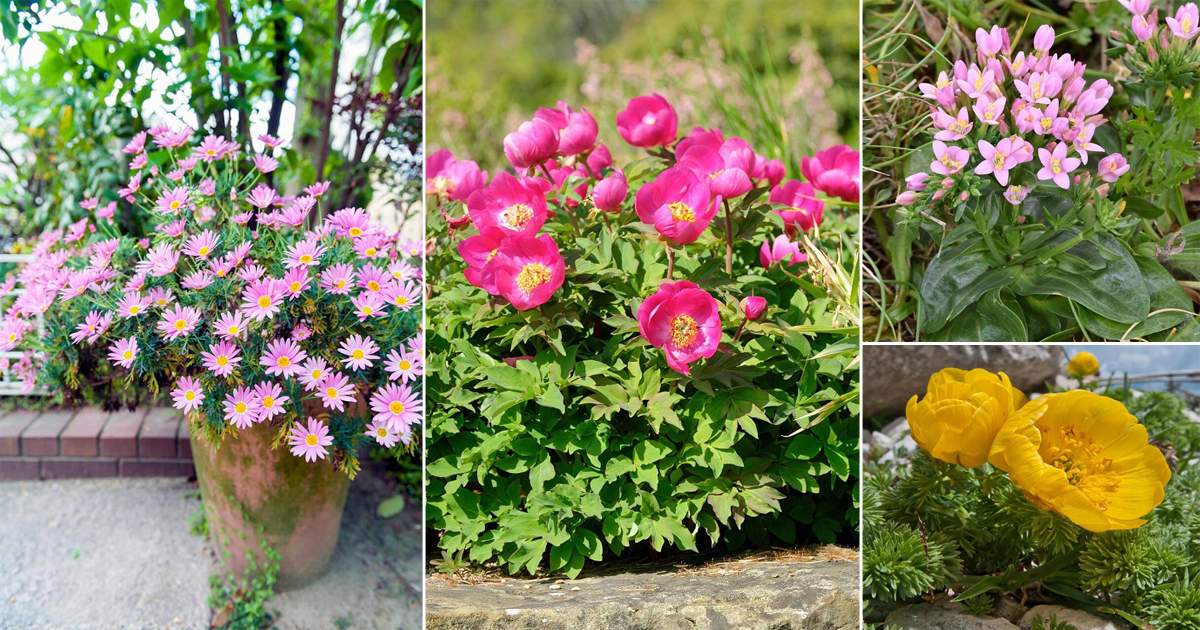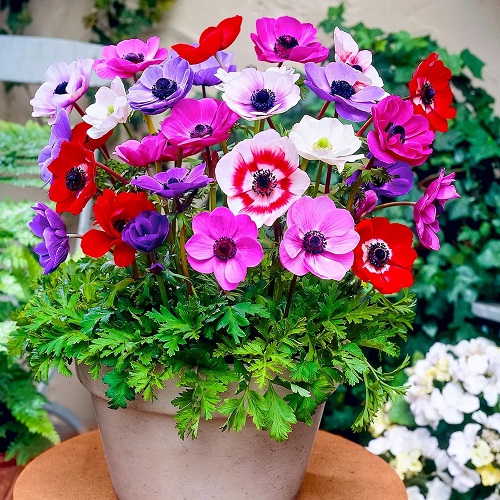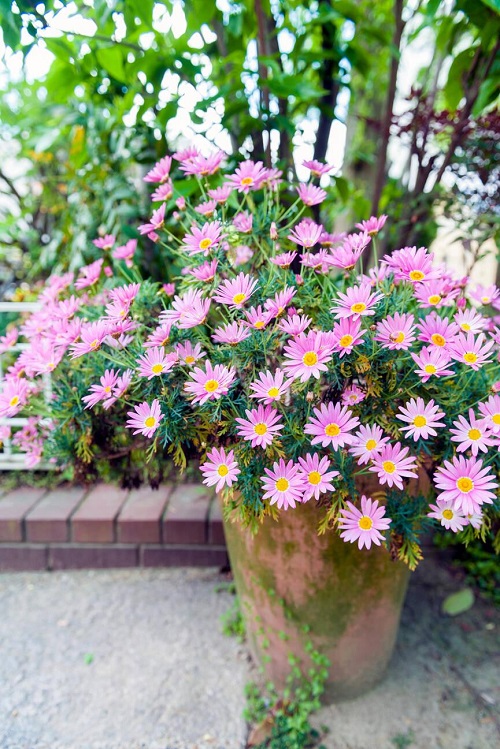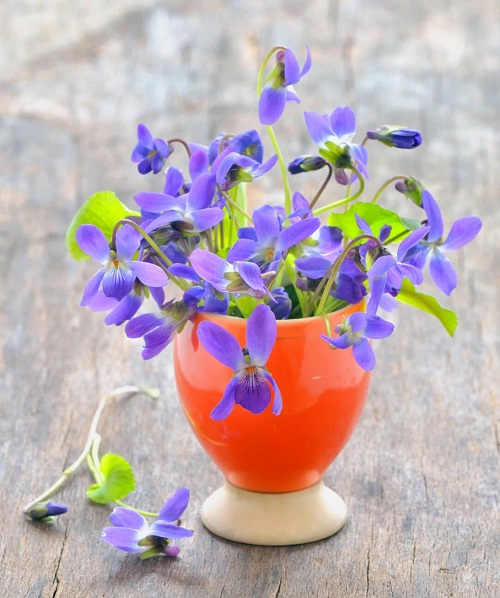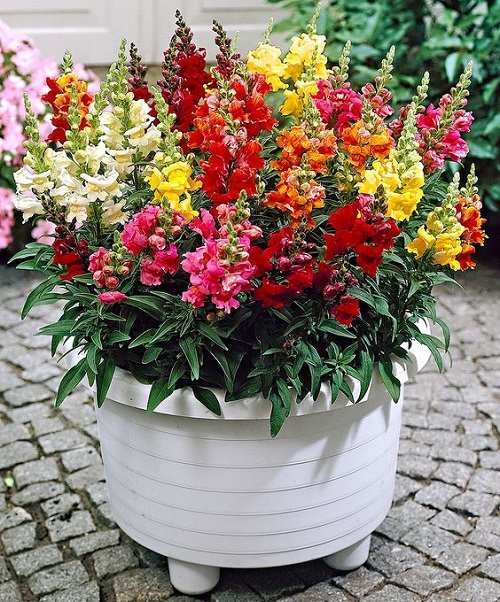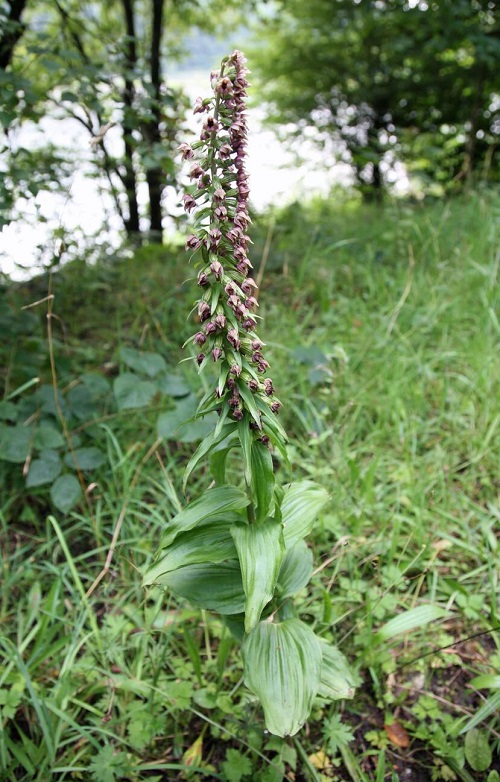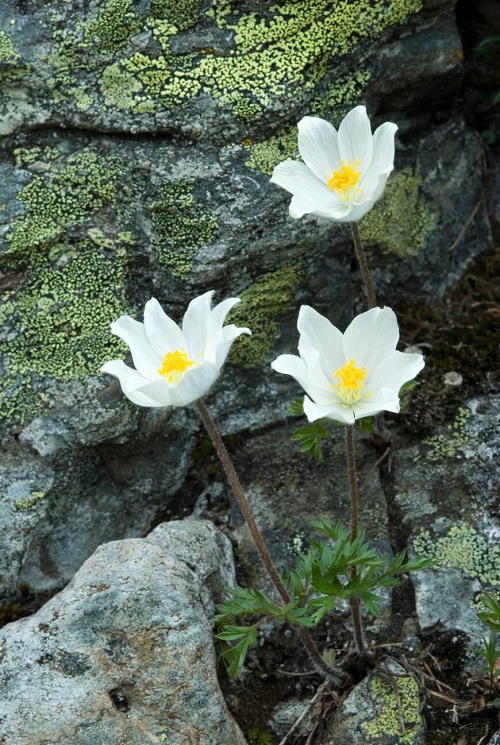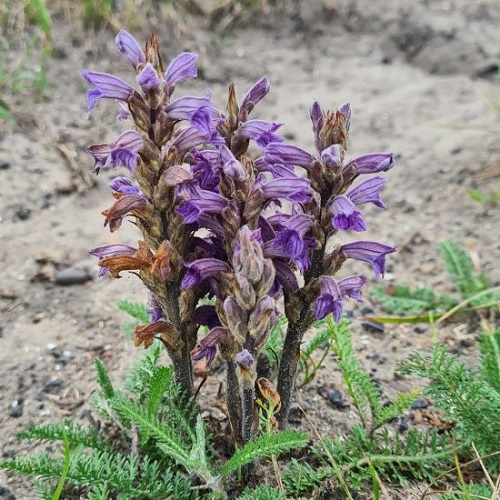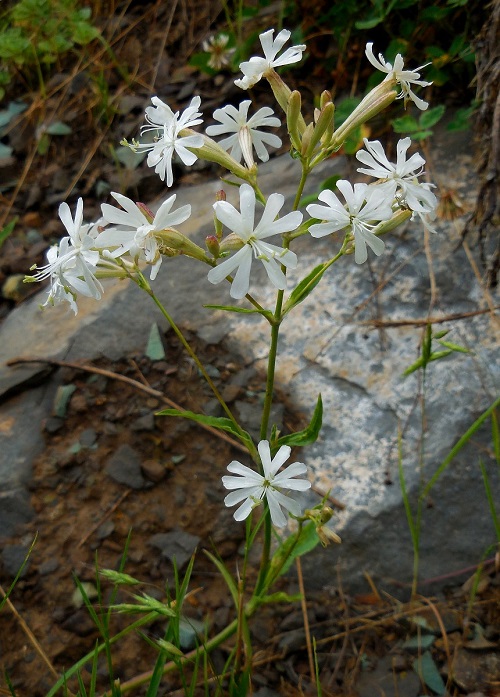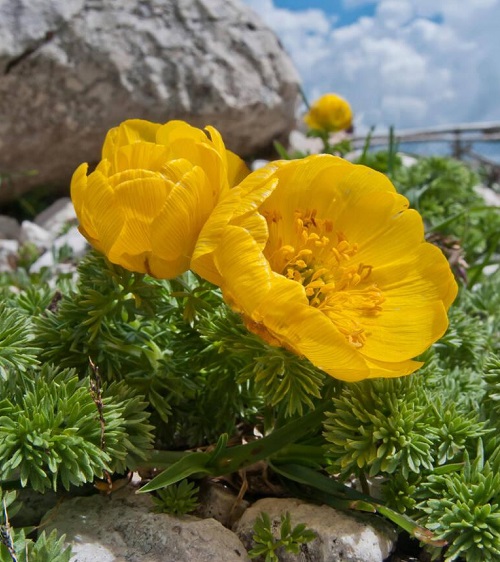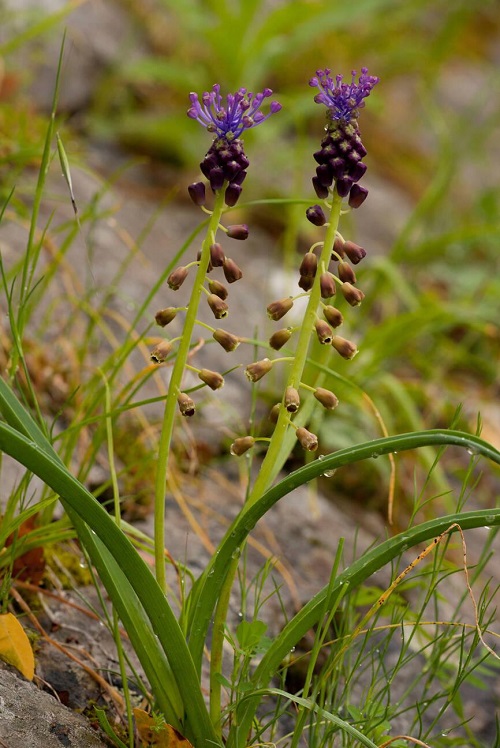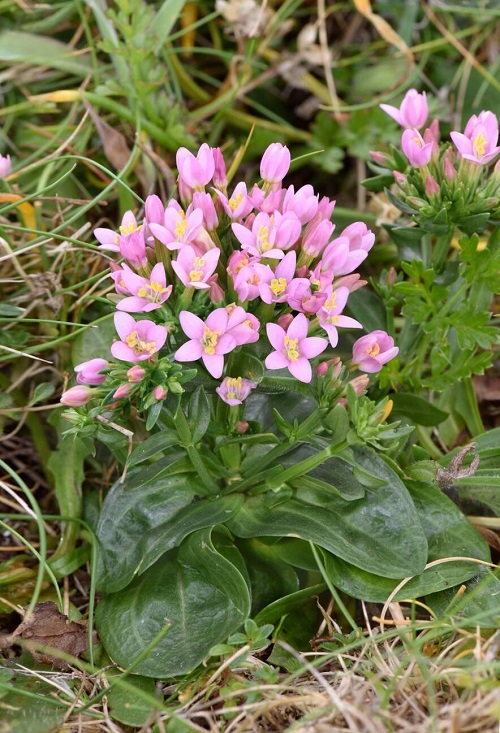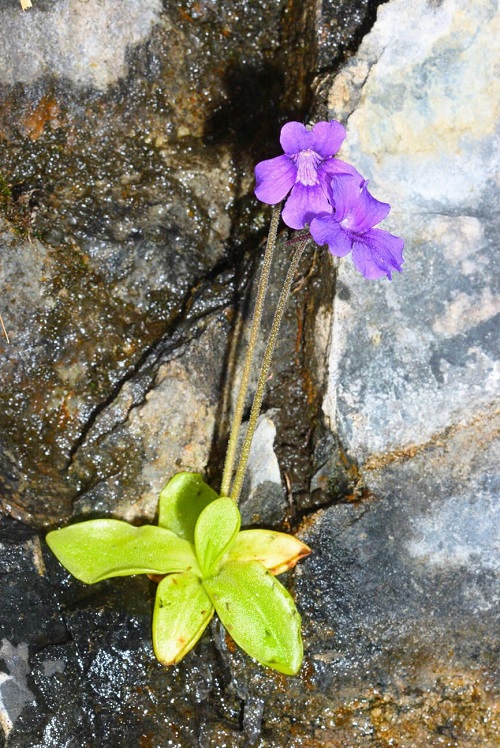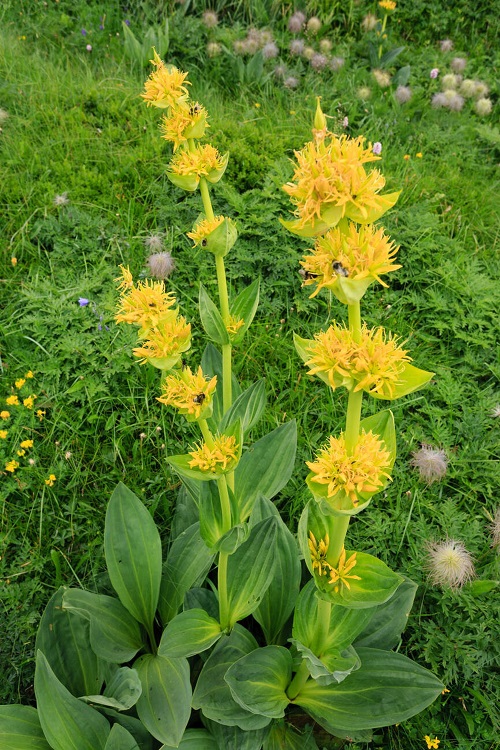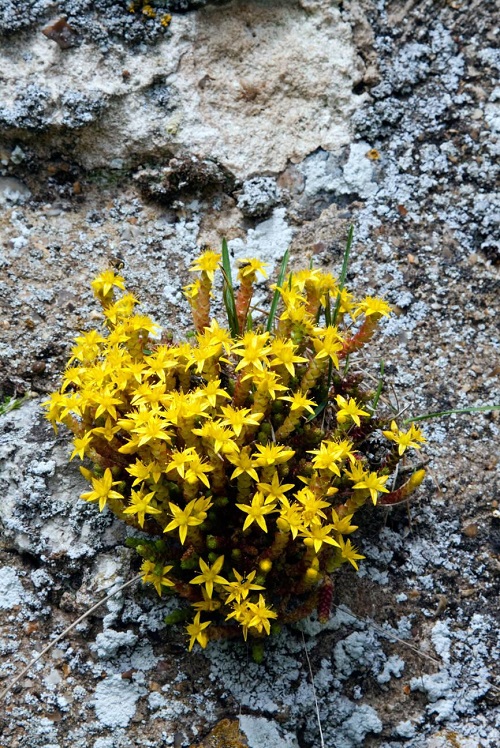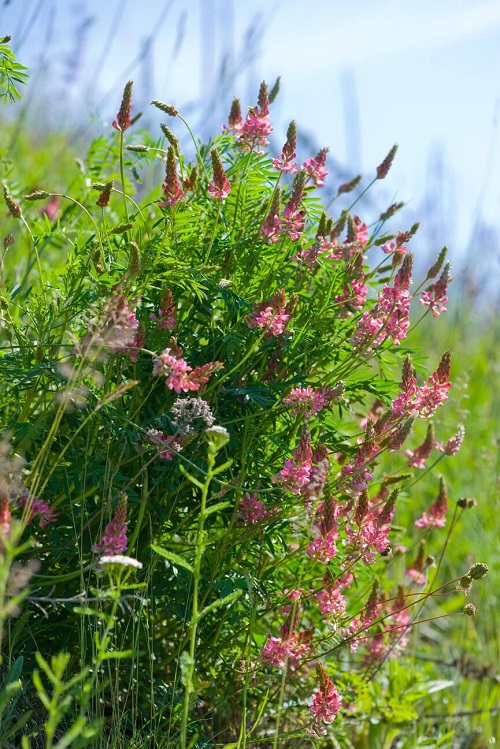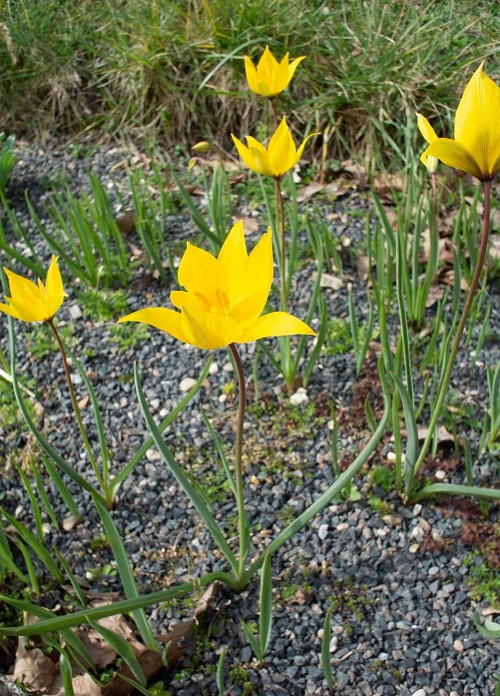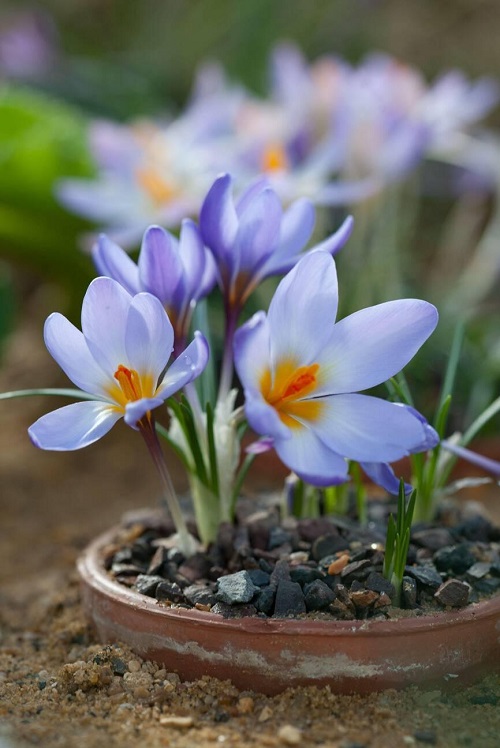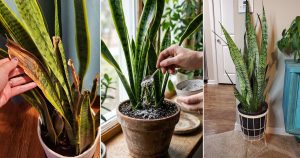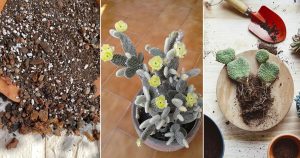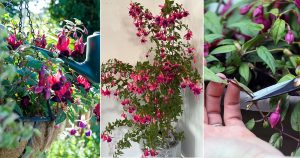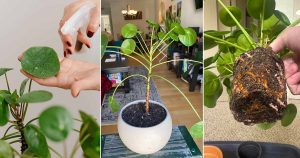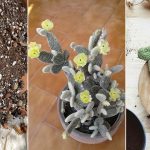If you want to add an exotic appeal to your garden, then consider growing these beautiful Italian flowers in your yard.
Italian Flowers are popular for their rich hues and fragrances, which reflect the natural beauty of Italy. By adding them to your garden, you can also bring charm and grace to it.
Best Italian Flowers
1. Spanish Marigold
Botanical Name: Anemone coronaria
This wildflower can be seen in meadows and along roadsides. The red, blue, pink, and white blooms from winter through early spring.
2. Italian Aster
Botanical Name: Aster amellus
Also known as the European Michaelmas Daisy, this perennial flower produces lovely blooms in shades of blue, purple, and white from midsummer to early fall. It thrives easily in summer, dry sites like roadsides and rocky slopes.
3. Sweet violet
Botanical Name: Viola odorata
Sweet violets feature heart-shaped leaves and petite, five-petaled flowers in deep purple to lilac and white colors. The sweetly scented blooms are edible.
4. Italian Snapdragon
Botanical Name: Antirrhinum siculum
The Italian Snapdragon has spiky stems that carry pink, purple, and white tubular flowers. It thrives on rocky cliffs and coastal areas in Italy and withstands salty sea air and harsh sunlight.
5. Italian Woodland Orchid
Botanical Name: Epipactis helleborine
The Italian Woodland Orchid grows well in shady woods and wet fields in Italy. The green-brown flowers have a purple tint.
6. Alpine Pasqueflower
Botanical Name: Pulsatilla alpina
Also known as Alpine Anemone, it grows in alpine meadows and rocky mountain areas. In spring, it blooms with bell-shaped lavender and white flowers.
7. Italian Broomrape
Botanical Name: Orobanche purpurea
This parasitic plant is a native flora of Italy; it produces tall spikes of purple or pink flowers. It is commonly found in various regions of dry, sandy, or rocky habitats
8. Italian Catchfly
Botanical Name: Silene italica
The Italian Catchfly shows off pretty white or pink flowers that add color to meadows, rocky slopes, and woods in Italy. It is called a “catchfly” because of sticky stems and leaves that trap bugs.
9. Adonis
Botanical Name: Adonis distorta
Also popular as Pheasant’s eye, the golden yellow cup-shaped flowers appear in central Italian meadows during spring.
10. Italian Grape Hyacinth
Botanical Name: Muscari comosum
This plant is known for its compact spikes of densely packed, bell-shaped blue flowers, which resemble clusters of grapes, hence the common name “Grape Hyacinth.
11. Globe Centaury
Botanical Name: Centaurium Erythraea
Globe Centaury is also known as Common Centaury or European Centaury. It is characterized by bright pink, star-shaped flowers that form clusters at the top of the stem.
It blooms from late spring to early fall.
12. Italian Wild Peony
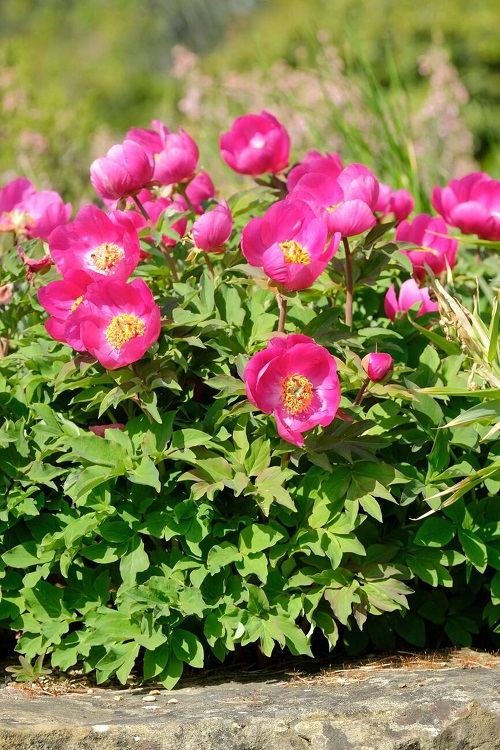 Botanical Name: Paeonia Officinalis subsp. Italicum
Botanical Name: Paeonia Officinalis subsp. Italicum
Also known as Italian Peony or Alpine Peony, this herbaceous perennial plant is native to the alpine and subalpine regions of Italy. It prefers well-drained, humus-rich soils.
13. Common Butterwort
Botanical Name: Pinguicula vulgaris
The Common Butterwort is known for its rosette of leaves covered in glandular hairs that ooze sticky mucilage to trap insects. This insectivorous plant primarily grows in damp, nutrient-poor habitats such as bogs, marshes, and wet meadows.
14. Italian Gentian
Botanical Name: Gentiana lutea
This plant bears clusters of large, trumpet-shaped flowers with intense yellow petals. Italian Gentian typically blooms in late summer to early autumn.
15. Goldmoss Stonecrop
Botanical Name: Sedum acre
Also popular as Mossy Stonecrop, this evergreen perennial plant offers bright yellow flowers from late spring to summer. It thrives easily in rocky areas and old walls across Italy.
16. Italian Sainfoin
Botanical Name: Onobrychis viciifolia
This leguminous plant produces small, pink to purple flower clusters arranged in dense spikes. It is valued for its nitrogen-fixing properties, which improve soil fertility and is often used as a forage crop for livestock.
17. Wild Tulip
Botanical Name: Tulipa sylvestris
Also known as Woodland Tulips, Wild Tulips bears yellow bowl-shaped blooms with purple centers from April to May. It grows naturally in meadows and vineyards, especially around Tuscany and Florence.
18. Italian Crocus
Botanical Name: Crocus biflorus
This early bloomer displays cup-shaped flowers in purple, white, or yellow shades. It prefers well-drained soils in sunny or partially shaded locations.

